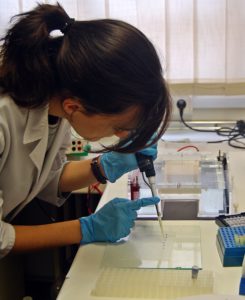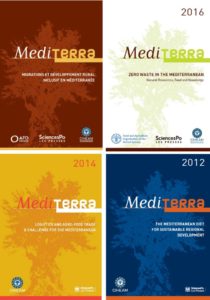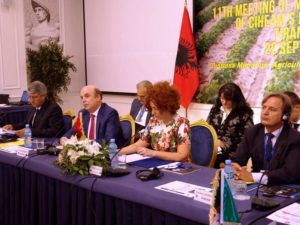DRY LAND AGRI-FOOD SYSTEMS AT THE CORE OF 7TH FARMING SYSTEM DESIGN SYMPOSIUM
21-24 March 2021 Tunis

Dry regions are known to be the most impacted by the effects of climate change and socio-economic uncertainties.
Various international initiatives have more than ever motivated the governments of these countries (notably those of the Middle East and Northern Africa) to innovate and develop adaptation strategies for their agri-food systems.
This implies using agro-ecological practices to improve farmland fertility, reduce CO2 emissions while sustainably protecting the means of subsistence of farm households.
Protection of natural resources, in particular water, soils and pollinators, from the effects of climate change and of a rapidly growing population will also be key.
This also implies a need to strengthen the innovation systems in order to sustain a transition towards a nutrition-sensitive agriculture.
There are many trade-offs to document but also many synergies to implement provided an integrated (multiscale and multicriteria) approach is implemented.

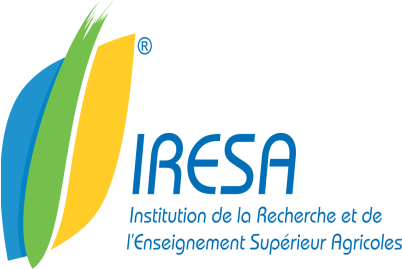
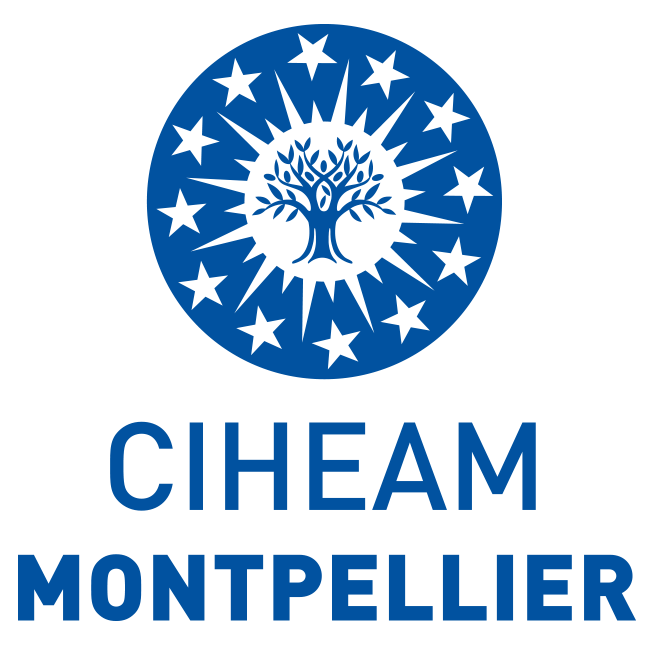
In this context the CIHEAM Montpellier, ICARDA and IRESA-Tunisia have joined their efforts to organize the 7th Farming System Design Symposium on March 21-24, 2021 in Tunis
This symposium aims to discuss findings and initiatives for dryland agri-food systems, using as an entry point of integration (down to the field and up to landscape, market and ecosystems) the farm household and its role in sustainable food production within an uncertain climatic and socio-economic context.
After the 6th FSD symposium in Montevideo, Uruguay (August 18-21, 2019) on “Agricultural systems design sustained by nature” the 7th symposium in Tunisia will focus on "Designing Climate Smart Agricultural Systems for a Sustainable Transition in the Agri-food Systems of the Dry Areas".
Beyond this focus, the symposium is also open to other subjects if they can contribute to the FSD informal interdisciplinary scientific community of practice to promote research and capacity building on farming systems design.
More details here






